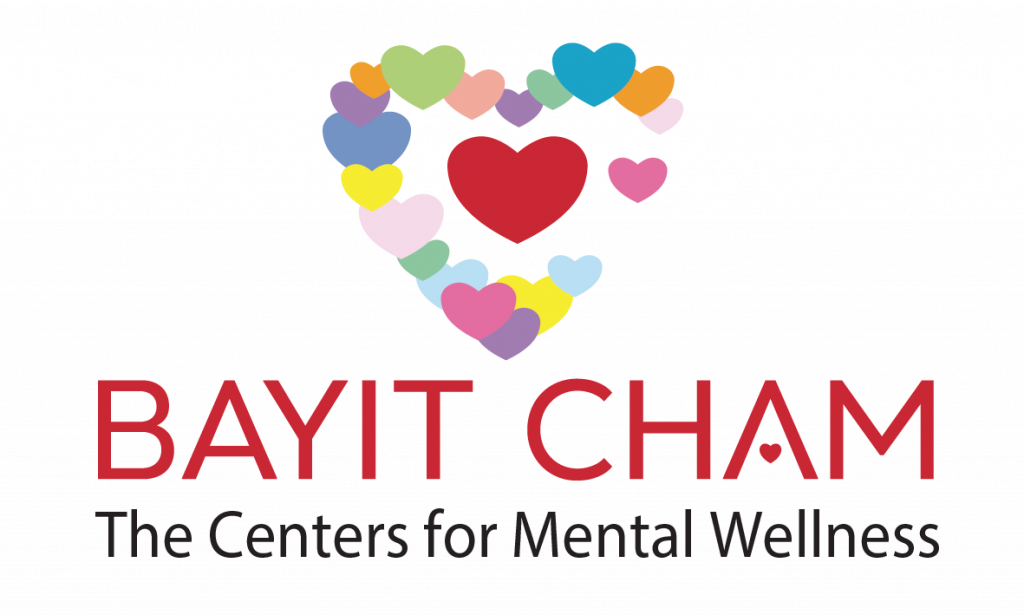There have been debates – whether to hold remembrance ceremonies or not… But what’s certain is that the “ceremony” is far from over. Either way, we believe it’s crucial to pause, commemorate, remember, and remind ourselves, the world, and future generations ⚠️
1. Because thousands were brutally massacred. Women, men, children, and infants. Simply for being Jewish and Israeli. In their homes, while dancing, in their own country. This event affected us all, directly or indirectly – some of us were personally impacted, and everyone knows someone who experienced their own private holocaust beyond the national one. The cemeteries are full. We bow our heads in memory of them all 💔
2. Because 101 hostages are still in Gaza. This isn’t just a slogan! They are real people, and we all pray and hope for their return 🙏
Beyond their families’ cries, some of us have “adjusted” to the wartime routine, grown accustomed to the images, posts, and news articles, moving on to debates and disputes. We must stay sensitive, shake off this numbness. Even if opinions differ, we must remember we are family 💛
3. Because this is an existential war! We’re pushing back threats from the north, south, east, and west, both within Israel and abroad. Hundreds of thousands of families have been uprooted from their homes, jobs, schools, friends, from their lives. And even those Israelis still in their homes – all of us (!) live under threat. We all deserve to feel secure, to demand our right to exist, and to live our lives without threats or apology 🇮🇱
4. Because all our lives are in crisis. Our emotions, thoughts, family life, livelihoods, economy, resilience, functioning – everything is completely disrupted, and the world needs to know this! It’s crucial to understand the ongoing impacts of this war: at least half the country needs mental health support – returned hostages, soldiers who can’t shake their alertness and the images of fallen comrades, children who witnessed horrors, Nova survivors, bereaved families, displaced families, families waiting for their loved ones to return, reservists losing their income and sanity, reservists’ wives coping alone for months while barely keeping their heads above water, children missing their dad/mom/siblings, children frightened by every boom, adults scared of every boom, schools that might open tomorrow or might not, weddings that might happen tomorrow or might not, an entire nation suspicious of every stranger on the street, a nation where the most sought-after workshop is “How to react while driving” to gunfire, missiles, and stones… Actually, second most popular – the top spot still belongs to the blockbuster workshop “How to cope with anxiety, stress, and uncertainty.” And the list goes on… and it’s hard to breathe. So, first of all, don’t feel bad if this is your situation and you’re running out of strength. It’s a normal reaction to an abnormal situation! And like every traumatic event, this too shall pass, hopefully soon.
Yet despite everything, let’s end on an optimistic note. Let’s remember that our strength can still lie in our unity, that unconditional love is healthier for the psyche than hatred, that all Jews are brothers and sisters (missiles don’t distinguish between right and left, religious and secular). Let’s truly be responsible for one another – after all, we share the same sacred mission 🙏
Sending hugs, strength, and prayers for good news 🤞🏼🙌

